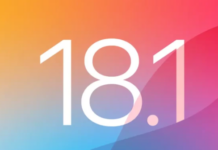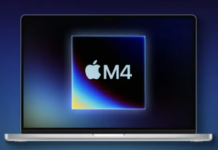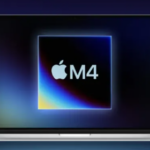For a few weeks and the change in terms of use within the App Store, the Apple brand has allowed third-party developers to offer retro console emulators on iPhones. These apps have quickly gained popularity, especially with dedicated third-party app stores, such as Delta and Ridley Testut’s AltStore, one of the references in the industry.
But the arrival of these retro console emulators on the iPhone is not an invitation to do everything. The Apple brand still rejects PC emulators. In recent days, it has just refused access to two applications (iDOS 3 and UTM SE). In both cases, Apple explains that these applications violate Rule 4.7 of the Exam Guidelines.
A misunderstood but indisputable decision
A decision that Chaoji Li, the developer of iDOS 3, doesn’t really understand. It explains that its app “provides emulation capabilities, but does not specifically emulate a retro gaming console.” However, Apple specifically asks that emulators focus on retro games.
Chaoji Li then asked Apple what changes were needed for his app to be accepted in iOS, but Apple didn’t give him clear answers. The same goes for UTM SE, the other application blocked by Apple.
In a post on social networks, the developers behind the project do not understand Apple’s decision. The Apple brand is demanding that emulators focus solely on retro consoles. They then respond that PCs can be perceived as retro consoles, as many games have existed on these computers over the years.
Apple has full powers
Despite the good faith of the developers, they are fully demanding Apple’s decisions, and the Apple brand has total authority over its App Store. Despite the creation in recent months of third-party services, capable of competing with Apple’s app store, these services are still subject to Apple’s basic rules.
Recently, the Cupertino company removed the Radio France and France Inter apps from the App Store in China. A decision for which the official reasons are not known, but which demonstrates Apple’s omnipotence, capable of making any application disappear from one day to the next.
In the somewhat more distant past, the example of Fortnite is the ultimate proof of Apple’s omnipotence. The Apple brand had removed one of the world’s most popular mobile games overnight. With no other form of proof than one’s own judgment.















